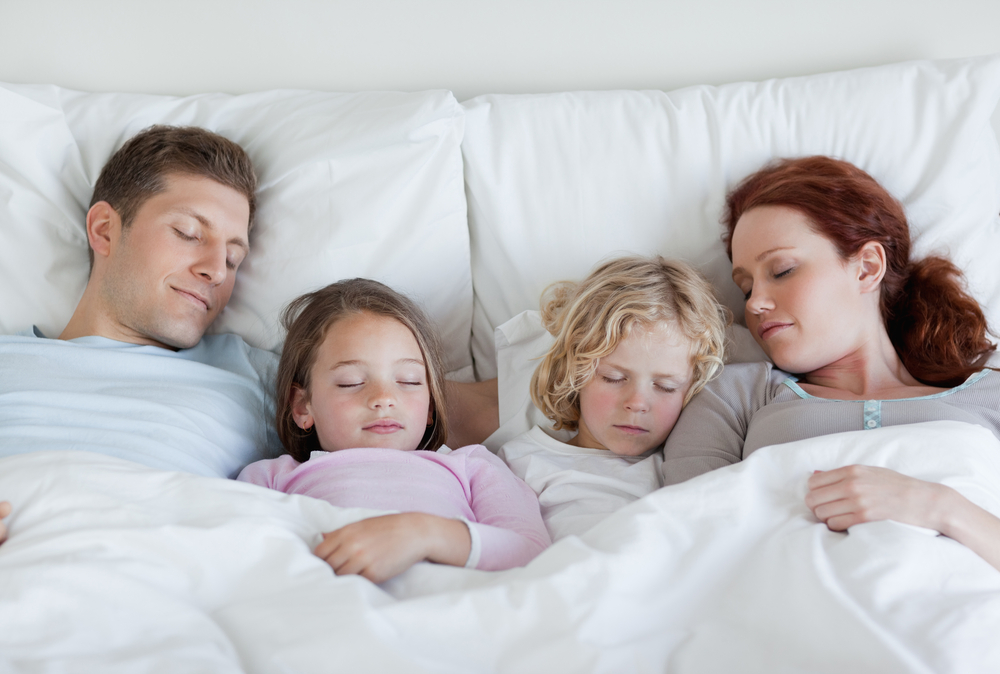When it comes to your health, sleep plays an important role. While more sleep won’t necessarily prevent you from getting sick, skimping on it could adversely affect your immune system, leaving you susceptible to a bad cold or case of the flu. To keep yourself sniffle-free this season, here’s what you need to know.
Sleep and Cytokines
Without sufficient sleep, your body makes fewer cytokines, a type of protein that targets infection and inflammation, effectively creating an immune response. Cytokines are both produced and released during sleep, causing a double whammy if you skimp on shut-eye. Chronic sleep loss even makes the flu vaccine less effective by reducing your body’s ability to respond.
Stock Up on Naps
To stay healthy, especially during the influenza season, get the recommended seven to eight hours of sleep a night. This will help keep your immune system in fighting shape, and also protect you from other health issues including heart disease, diabetes, and obesity.
If your sleep schedule is interrupted by a busy workweek or other factors, try to make up for the lost rest with naps. Taking two naps that are no longer than 30 minutes each —one in the morning and one in the afternoon—has been shown to help decrease stress and offset the negative effects that sleep deprivation has on the immune system.
If you can’t swing a half-hour nap during the workday, try grabbing a 20-minute siesta on your lunch hour, and another right before dinner.
Other Healthy Tactics
Of course, there’s more to boosting your immunity and guarding against illness than getting ample sleep. It’s also important to practice smart stay-healthy strategies such as washing your hands with soap regularly, avoiding close contact with people who are obviously under the weather, and talking with your doctor about getting an annual flu shot.
And remember: Even if you do come down with a case of seasonal sniffles, you’ll be able to bounce back faster if your body is well rested.
Can Not Sleeping Make You Sick?
Yes, lack of sleep can affect your immune system. Studies show that people who don’t get quality sleep or enough sleep are more likely to get sick after being exposed to a virus, such as a common cold virus. Lack of sleep can also affect how fast you recover if you do get sick.
During sleep, your immune system releases proteins called cytokines, some of which help promote sleep. Certain cytokines need to increase when you have an infection or

Sleep deprivation may decrease production of these protective cytokines. In addition, infection-fighting antibodies and cells are reduced during periods when you don’t get enough sleep.
So, your body needs sleep to fight infectious diseases. Long-term lack of sleep also increases your risk of obesity, diabetes, and heart and blood vessel (cardiovascular) disease.
How much sleep do you need to bolster your immune system? The optimal amount of sleep for most adults is seven to eight hours of good sleep each night. Teenagers need nine to 10 hours of sleep. School-aged children may need 10 or more hours of sleep.
But more sleep isn’t always better. For adults, sleeping more than nine to 10 hours a night may result in a poor quality of sleep, such as difficulty falling or staying asleep.
Alaska Sleep Clinic is ready to help you improve your sleep and your life. Call us this week to speak with one of our board-certified sleep specialists.











